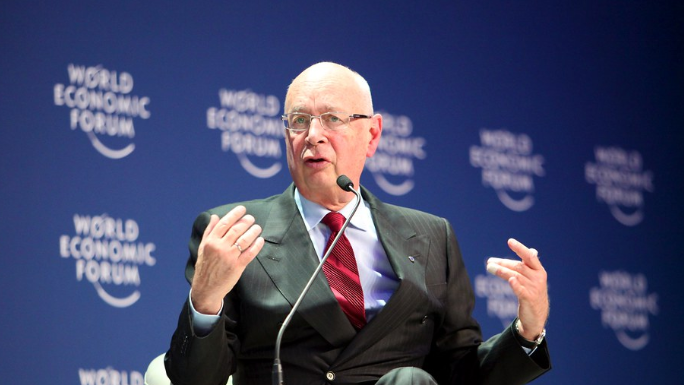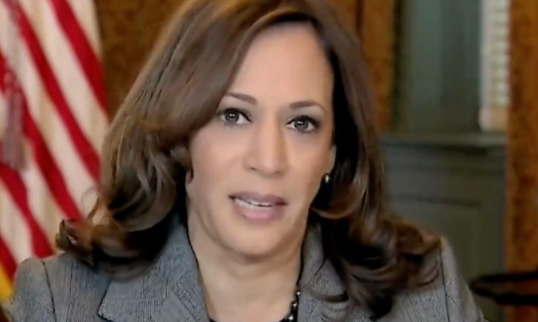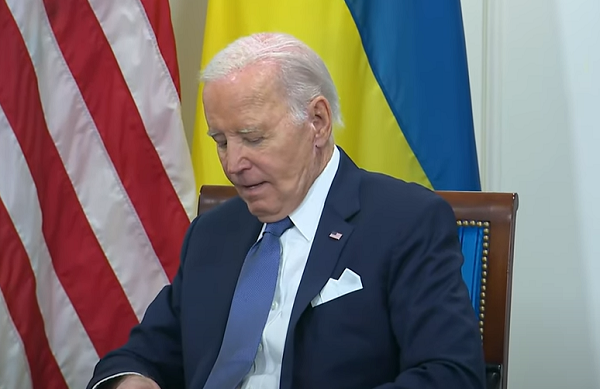Klaus Schwab, Chairman of the World Economic Forum (WEF), has called upon governments worldwide to collaborate with the corporate elite, advocating for his agenda to transform what he terms “the era of capitalism.”
Schwab made these remarks during an address at the recent Association of Southeast Asian Nations (ASEAN) Summit, which brought together Southeast Asian governments and their partner nations.
In his speech, Schwab urged governments to embrace the WEF’s globalist allies and permit corporate elites to actively participate in shaping public policies. However, many questioned the presence of the head of a non-governmental organization, representing private corporate interests, at an event involving sovereign nations.
ASEAN, consisting of ten Member States, has comprehensive partnerships with countries like Australia, India, and China, as well as associations with organizations like the United Nations (UN). The ASEAN Summit, held biannually, serves as the top policy-making body for ASEAN.
Despite not representing any nation, especially one in Southeast Asia, Schwab appeared at the recent Summit in Indonesia and delivered a speech outlining his agenda to leaders of sovereign nations. This raised eyebrows, as the Summit typically involves bilateral meetings among the attending countries’ leaders.
Australian politician Craig Kelly questioned Schwab’s presence at the ASEAN Summit, highlighting the incongruity of his participation.
During his address, Schwab promoted “public-private cooperation” and envisioned a transition from “the era of capitalism to the era of talentism” through the fusion of corporate and state interests. In this system, corporate elites would play a crucial role in crafting policies to prioritize innovation as the primary competitive factor for sovereign nations.
WATCH:
Klaus Schwab also delivered a significant address at the 2022 ASEAN Summit, sparking similar questions about why an unelected leader of the WEF was shaping policies for democratically elected officials.
Following the 2022 ASEAN Summit, Schwab further engaged with government officials at the G20-linked Business 20 Summit (B20) in Bali, as reported by Slay News last year. During his B20 speech, Schwab outlined what world leaders attending the 2022 G20 Summit should anticipate as he advanced his “Great Reset” agenda.
Schwab confidently informed global leaders at the summit that the world would undergo a profound transformation once his “Great Reset” agenda was implemented. He described the completion of his plans as a “transition” that would fundamentally alter the world.
German economist Schwab emphasized the necessity for a deep systemic and structural restructuring of the world, acknowledging that this transformation would take time but promising that the world would emerge from it fundamentally changed.
In a previous interview with India Today, Schwab discussed his vision for who would oversee his Fourth Industrial Revolution. He believed that a system of stakeholder capitalism would prevail.
He explained that while state capitalism offered short-term advantages due to its ability to mobilize resources for specific objectives, he saw stakeholder capitalism as the future. In stakeholder capitalism, companies prioritize long-term value creation over short-term profits, and governments collaborate with them. Essentially, this system places unelected leaders of for-profit companies in positions of authority over society.







